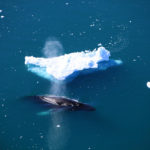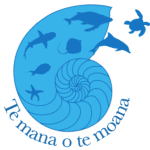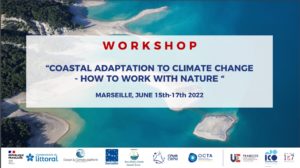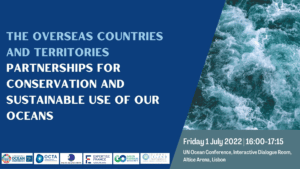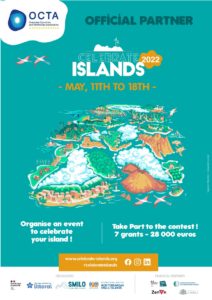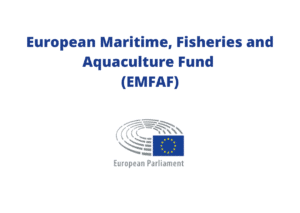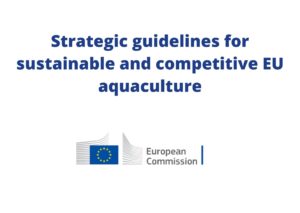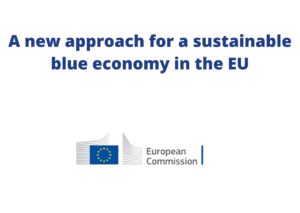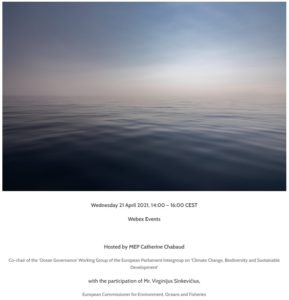Overseas Countries and Territories are inherently linked to their oceans, which provide trade routes, sources of food, energy, medicines, as well as an extraordinary marine biodiversity. Their kinship is both historical, cultural and practical.
In the last decade, the Oceans have increasingly become part of a wider global political agenda, with international institutions and the public and private sectors searching for the best way to address urgent pressures. The OCTs are dependent on the seas and oceans for transportation of external goods and livelihoods. They rely on them for fisheries, tourism and for geomorphologic protection from extreme events, such as storm surges. The OCTs share a number of similarities: most of them are small islands spanning from the poles to the tropics, not densely populated, and the majority draws most of their revenues from fishing and tourism. The OCTs (together with the outermost regions) hold 80 % of “EU family” biodiversity. Their geographic positions and reliance on natural resources make them very vulnerable to the effects of climate change.
As oceans are increasingly affected by climate change, these changes are disproportionately felt by OCTs, which are especially vulnerable to changes in temperature, water salinity and weather. Further climate warming will increase the severity and intensity of storms, whilst sea level rises threaten coastal communities, which represent the vast majority of OCTs.
The OCTs are characterised by a high presence of valuable ecosystems: lagoons, coral reefs, beaches, sea grass beds, mangrove forests, salt ponds, fjords and animal species (sea turtles, sharks, marine mammals seals, whales, dugong, penguins in South Pacific, etc.). As well, there is high presence of fish stock, crustaceans and molluscs (oysters) of commercial interest. Coastal ecosystems fulfil many ecological roles, such as shoreline protection, provision of buffer zones from land-based activities and pollution, feeding, breeding, and nursery grounds to many marine species. Most OCTs have established marine protected areas, to conserve valuable habitats and species, and this activity has accelerated in the last years.
